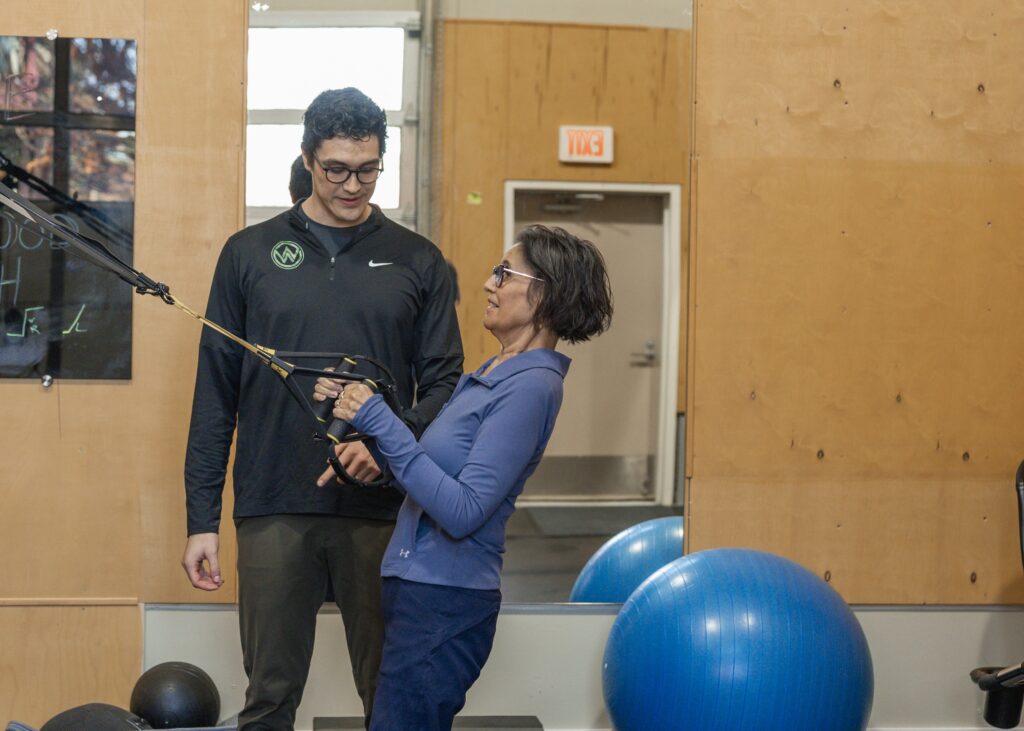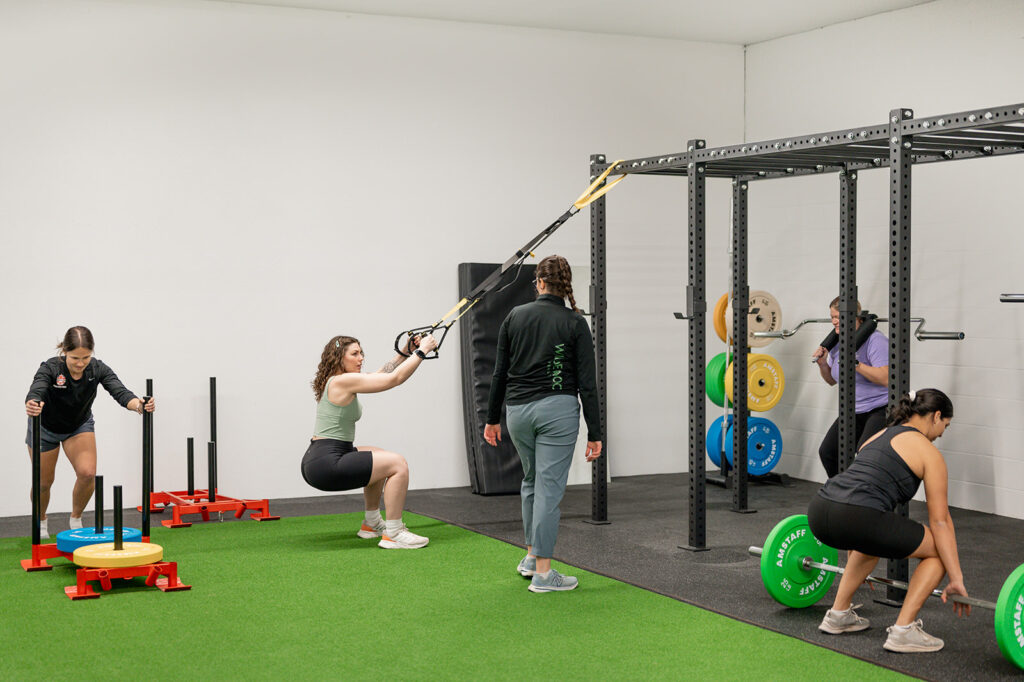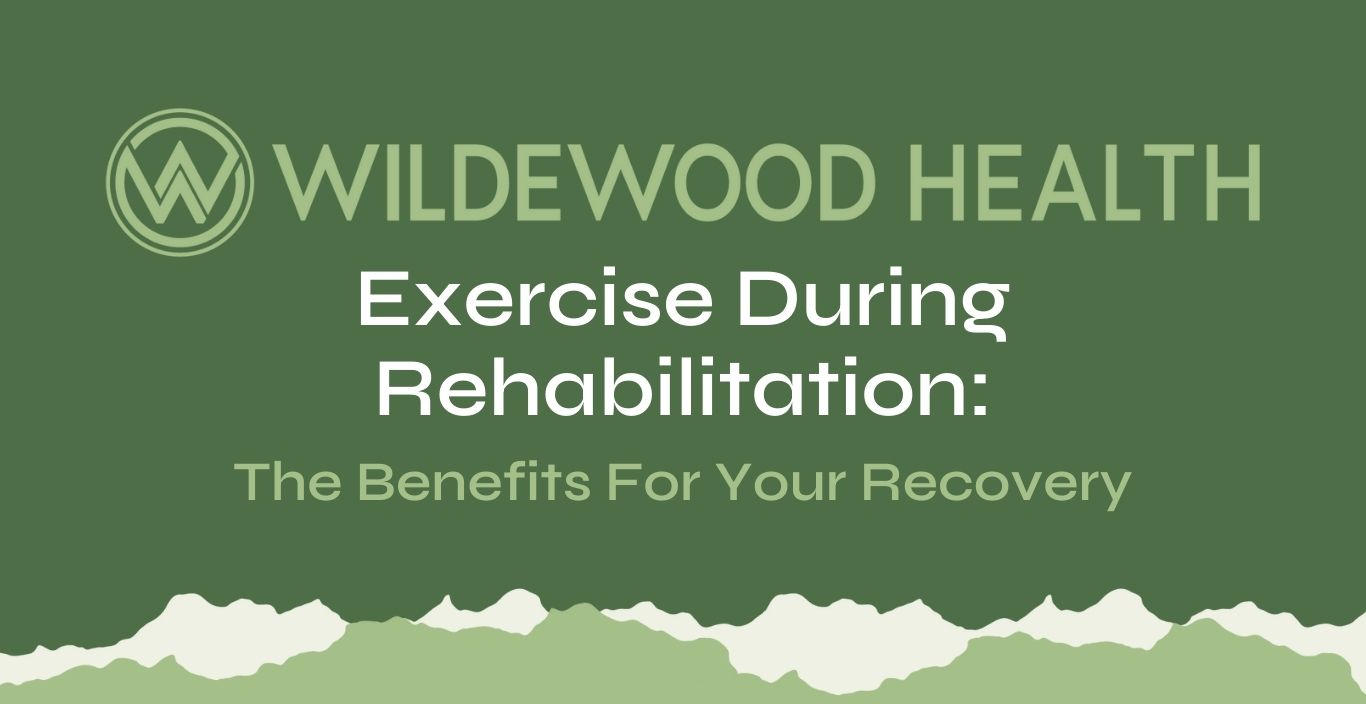When it comes to rehabilitation, exercise is an essential component that can help speed up the recovery process. In fact, exercise during rehabilitation can provide a range of physical, psychological, and social benefits that can improve your overall well-being. Whether you’re recovering from an injury, illness, or surgery, incorporating exercise into your rehabilitation program can make a significant difference in your recovery.

Physical Benefits of Exercise During Rehabilitation
If you’re undergoing rehabilitation, exercise can provide numerous physical benefits that can aid in your recovery. Regular exercise can help increase cardiovascular health, reduce inflammation, and improve strength and endurance. Additionally, it can help enhance balance and coordination, which is especially critical for those recovering from an injury or illness. Research has also shown that resistance training, such as lifting weights, can help increase muscle mass, improve bone density, and reduce the risk of falls during rehabilitation.
Psychological Benefits of Exercise During Rehabilitation
Exercise can also provide significant psychological benefits for those undergoing rehabilitation. Regular exercise can help reduce stress and anxiety, alleviate symptoms of depression, and improve mood and self-esteem. Physical activity releases endorphins, which are natural mood-boosting chemicals that can help improve your overall mental well-being. Additionally, exercise can enhance cognitive function, such as memory and attention, which is essential for individuals undergoing rehabilitation.
Social Benefits of Exercise During Rehabilitation
In addition to the physical and psychological benefits, exercise during rehabilitation can also provide social benefits. Physical activity can help increase social support, improve social functioning, and enhance social integration. Rehabilitation can be a challenging and isolating experience, particularly if you’re unable to participate in your usual social activities. Exercise provides an opportunity to connect with others who are undergoing similar experiences and form new social connections. It can also increase self-confidence and communication skills, which can help improve overall social functioning.

The Importance of Exercise in Rehabilitation
If you’re undergoing rehabilitation, it’s crucial to incorporate exercise into your program to give yourself the best chance of a full recovery. Regular exercise can help improve physical health, reduce stress and anxiety, and increase social connections. Working with a trained healthcare professional to develop a personalised exercise plan that meets your specific needs is essential to ensure that you receive maximum benefits from your rehabilitation program. Research has also shown that rehabilitation programs that incorporate exercise have been more effective than those that do not.
Conclusion
In conclusion, exercise is an integral component of rehabilitation programs that can provide a range of physical, psychological, and social benefits for individuals undergoing rehabilitation. By incorporating exercise into your rehabilitation program, you can improve your overall outcomes and give yourself the best chance of a full recovery. Don’t forget to work with a healthcare professional to develop a personalised exercise plan that meets your specific needs. Start reaping the benefits of exercise rehab today!
- American College of Sports Medicine. (2018). ACSM’s guidelines for exercise testing and prescription (10th ed.). Wolters Kluwer/Lippincott Williams & Wilkins Health.
- Belvedere, M., Cabiati, M., Caselli, C., et al. (2020). Resistance training for rehabilitation after orthopedic surgery: A systematic review. American Journal of Physical Medicine & Rehabilitation.
- Craft, L. L., & Perna, F. M. (2004). The benefits of exercise for the clinically depressed. Primary Care Companion to the Journal of Clinical Psychiatry.
- Gremeaux, V., Gayda, M., Lepers, R., et al. (2012). Exercise and longevity.
- Penedo, F. J., & Dahn, J. R. (2005). Exercise and well-being: A review of mental and physical health benefits associated with physical activity.
- Physical Activity Guidelines Advisory Committee. (2018). Physical Activity Guidelines Advisory Committee Report. US Department of Health and Human Services.
- Strasser, B., & Schobersberger, W. (2011). Evidence for resistance training as a treatment therapy in obesity. Journal of Obesity, 2011, 482564.
- Tully, M. A., Cupples, M. E., Chan, W. S., McGlade, K., & Young, I. S. (2005). Brisk walking, fitness, and cardiovascular risk: A randomised controlled trial in primary care. Preventive Medicine.





